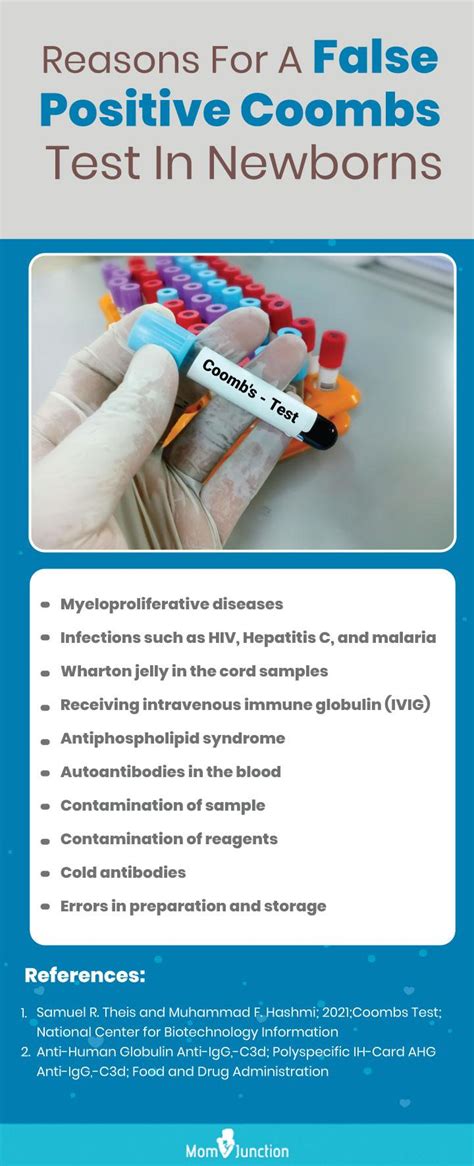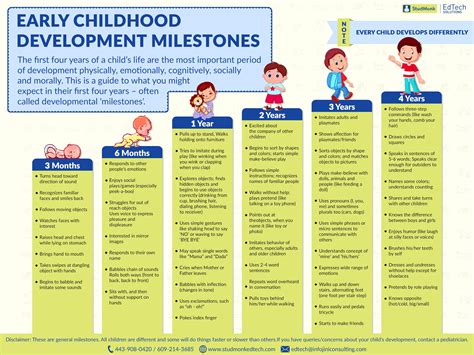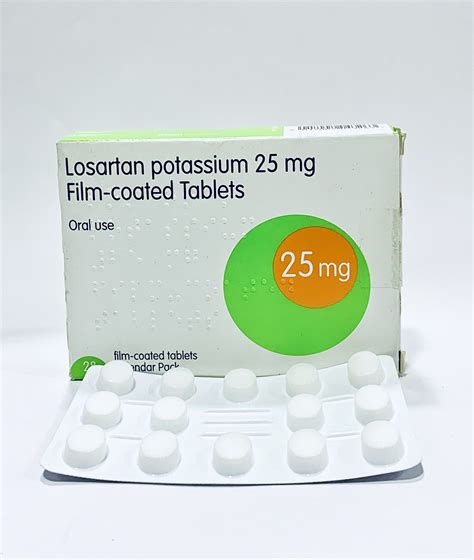Coombs Positive Newborn Guide

The arrival of a newborn is a momentous occasion, filled with joy, excitement, and a dash of uncertainty. For parents, ensuring the health and well-being of their baby is paramount, and one crucial aspect of this is understanding the implications of a Coombs positive test result. In this comprehensive guide, we will delve into the world of Coombs testing, exploring what it means for a newborn to test positive, the implications for their health, and the steps parents can take to navigate this situation with confidence.
Understanding the Coombs Test
The Coombs test, also known as the antiglobulin test, is a medical procedure used to detect the presence of antibodies or complement proteins that are attached to the surface of red blood cells. In the context of newborns, the Coombs test is typically performed to identify the presence of maternal antibodies that have crossed the placenta during pregnancy and attached to the baby’s red blood cells. This can occur when the mother’s immune system produces antibodies against the baby’s red blood cells, often due to differences in blood type between the mother and the fetus.
There are two types of Coombs tests: the direct Coombs test (DCT) and the indirect Coombs test (ICT). The DCT detects antibodies or complement proteins that are already attached to the surface of red blood cells, while the ICT detects the presence of antibodies in the serum that are capable of attaching to red blood cells. In newborns, the DCT is typically used to diagnose hemolytic disease of the newborn (HDN), a condition where the maternal antibodies cause the destruction of the baby’s red blood cells.
What Does it Mean for a Newborn to be Coombs Positive?
A Coombs positive result in a newborn indicates that there are maternal antibodies attached to the baby’s red blood cells. This can be a cause for concern, as it may lead to the destruction of the baby’s red blood cells, resulting in anemia, jaundice, and other complications. The severity of the condition depends on the level of antibody binding and the amount of red blood cell destruction.
In some cases, a Coombs positive result may not necessarily lead to significant health problems, and the condition may resolve on its own. However, in other cases, more severe consequences can occur, such as:
- Hemolytic Disease of the Newborn (HDN): This is a condition where the maternal antibodies cause the destruction of the baby’s red blood cells, leading to anemia, jaundice, and other complications.
- Anemia: The destruction of red blood cells can lead to a decrease in the baby’s hemoglobin levels, resulting in anemia.
- Jaundice: The breakdown of red blood cells can cause a buildup of bilirubin in the blood, leading to jaundice.
- Kernicterus: In severe cases, high levels of bilirubin can cause damage to the brain, leading to a condition known as kernicterus.
Causes and Risk Factors
The primary cause of a Coombs positive result in newborns is the presence of maternal antibodies that have crossed the placenta during pregnancy. This can occur due to:
- Blood Type Incompatibility: Differences in blood type between the mother and the fetus can trigger the production of maternal antibodies.
- Previous Pregnancy or Blood Transfusion: If the mother has had a previous pregnancy or blood transfusion, her immune system may have been sensitized to the baby’s red blood cells, leading to the production of antibodies.
- Family History: A family history of blood type incompatibility or HDN can increase the risk of a Coombs positive result.
Symptoms and Diagnosis
Symptoms of a Coombs positive result in newborns can vary in severity and may include:
- Jaundice: Yellowing of the skin and eyes
- Anemia: Pale skin, poor appetite, and lethargy
- Dark Urine: Dark-colored urine due to the presence of bilirubin
- Pale Stools: Pale or clay-colored stools due to the lack of bilirubin
Diagnosis of a Coombs positive result is typically made through a combination of physical examination, laboratory tests, and medical history. The Coombs test is usually performed on a blood sample taken from the baby’s umbilical cord or a heel prick.
Treatment and Management
Treatment and management of a Coombs positive result depend on the severity of the condition. In mild cases, no treatment may be necessary, and the condition may resolve on its own. In more severe cases, treatment may include:
- Phototherapy: Exposure to special lights to help reduce bilirubin levels
- Blood Transfusions: Transfusions of red blood cells to replace damaged cells
- Exchange Transfusions: Removal of the baby’s blood and replacement with donor blood to reduce bilirubin levels
- Monitoring: Close monitoring of the baby’s condition, including blood tests and physical examinations
Prevention and Support
While it is not possible to prevent a Coombs positive result entirely, there are steps that can be taken to reduce the risk:
- Prenatal Care: Regular prenatal care can help identify potential risks and monitor the pregnancy closely.
- Blood Type Screening: Screening for blood type incompatibility can help identify potential risks.
- Rh Immune Globulin: Administration of Rh immune globulin to Rh-negative mothers can help prevent sensitization.
For parents navigating a Coombs positive result, it is essential to seek support from healthcare professionals, family, and friends. This can include:
- Counseling: Genetic counseling to understand the risks and implications of a Coombs positive result.
- Support Groups: Joining support groups to connect with other families who have experienced similar situations.
- Education: Educating themselves about the condition, its causes, symptoms, and treatment options.
What is the significance of a Coombs positive result in newborns?
+A Coombs positive result in newborns indicates the presence of maternal antibodies attached to the baby's red blood cells, which can lead to the destruction of red blood cells and result in anemia, jaundice, and other complications.
What are the causes of a Coombs positive result in newborns?
+The primary cause of a Coombs positive result in newborns is the presence of maternal antibodies that have crossed the placenta during pregnancy, often due to differences in blood type between the mother and the fetus.
What are the symptoms of a Coombs positive result in newborns?
+Symptoms of a Coombs positive result in newborns can include jaundice, anemia, dark urine, and pale stools. In severe cases, symptoms can include lethargy, poor appetite, and difficulty breathing.
In conclusion, a Coombs positive result in newborns is a serious condition that requires prompt attention and treatment. By understanding the causes, symptoms, and treatment options, parents can navigate this situation with confidence and ensure the best possible outcome for their baby. With the right support and care, many babies with a Coombs positive result can go on to lead healthy and happy lives.



